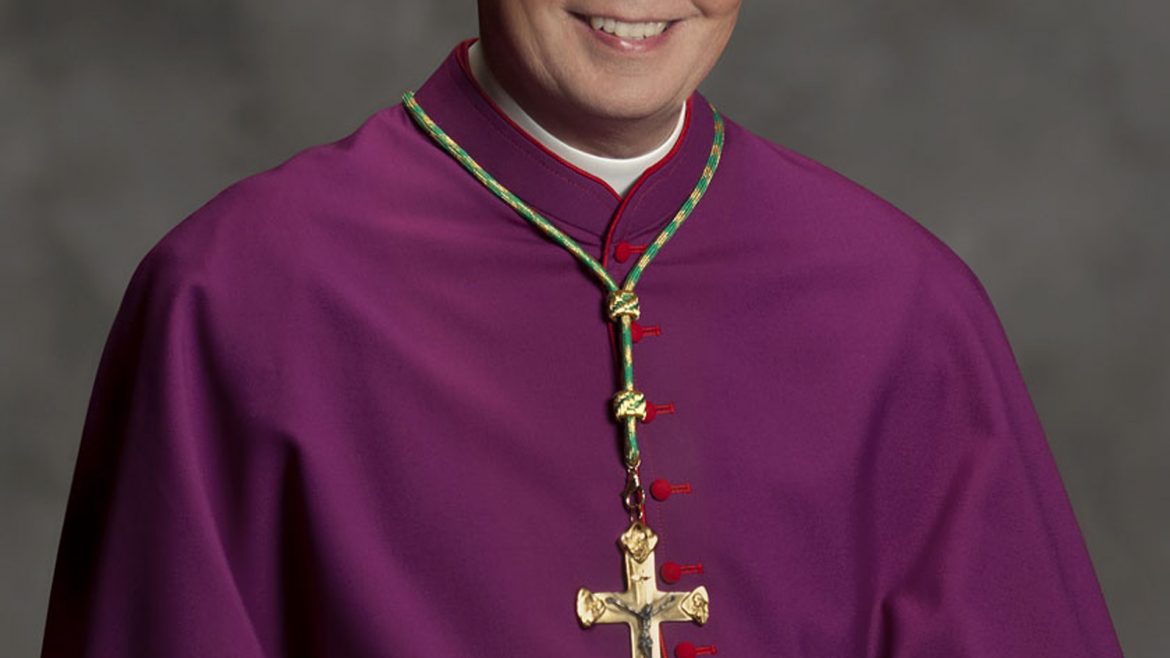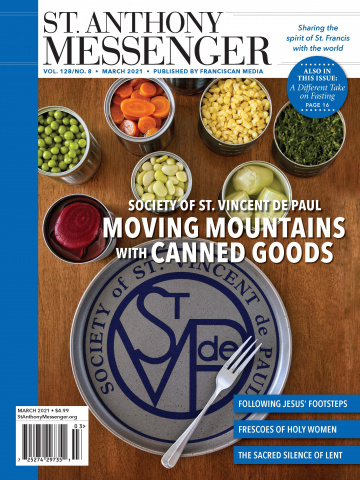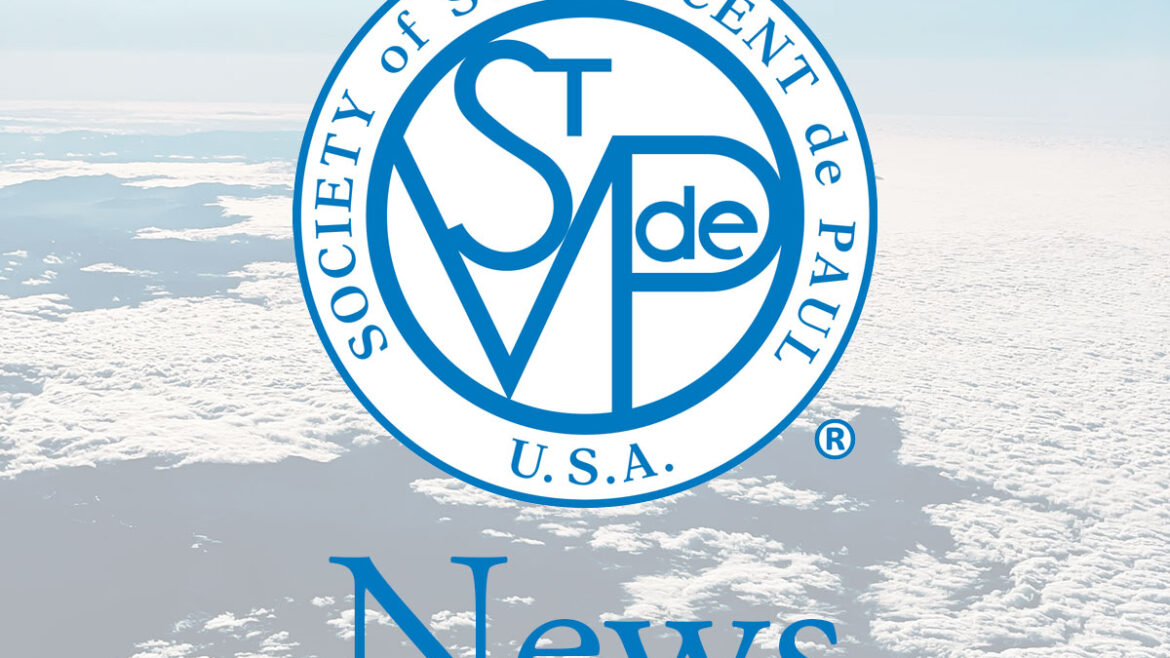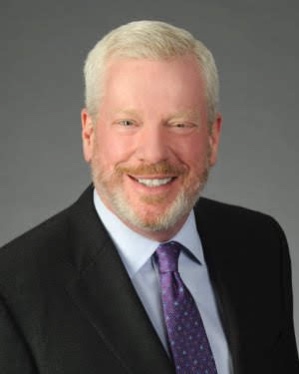At the Society of St. Vincent de Paul, many of our nearly 4,500 Conferences and Councils across the United States have felt the financial effects of COVID-19. Some are seeing up to a 300% increase in need for food alone! And with 10 million Americans currently behind in rent payments, we expect a similar increase in demand for rent assistance in coming months, regardless of eviction moratoriums and government help.
By making a gift to the Friends of the Poor Grant Fund, you will provide emergency funding for local St. Vincent de Paul Conferences and Councils, to help Vincentian volunteers meet the growing demand for food and other basic emergency needs.







